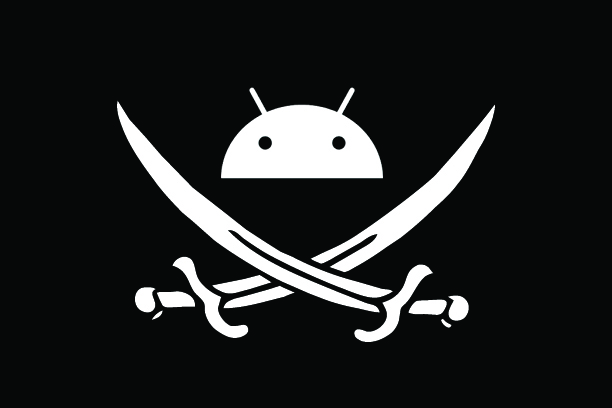App Piracy Convictions Ensure Profitability of the 99¢ App
The Justice Department just convicted two individuals responsible for running an internet marketplace for pirated apps – a first for our nascent industry. This enforcement action is welcomed by the small companies and startups that are the leaders of this growing ecosystem.
The individuals that pled guilty were the founders of Appbucket. That company allowed users to download copied versions of apps for the Android platform. Over one million pirated apps were distributed through the site costing developers $700,000.
It’s about time that someone stood up for app makers. Over three-quarters of the most successful apps are made by small companies. Many are sold at a price point less than a dollar.
This isn’t a situation where an outdated business model doesn’t work for consumers. The app industry is experiencing dramatic growth because its products are priced well for consumers.
Developers selling their apps at 99¢ can’t afford to lose any sales to piracy because their margins are so slim. 99¢ is hardly a steep price that forces consumers to seek alternatives.
Even those who offer their apps for free suffer from piracy. In those instances, an app is copied with the ad network data stripped out and replaced. The creator of the free app doesn’t even make money from advertising when their work is pirated.
And that’s the most pernicious element of app piracy. We have found a business model that works for both consumers and developers. But the low cost of apps requires a high volume of sales or advertising to be profitable. The future of the app economy depends on startups and small businesses getting paid for their work – at every 99¢ increment. DOJ enforcement can help this happen.
